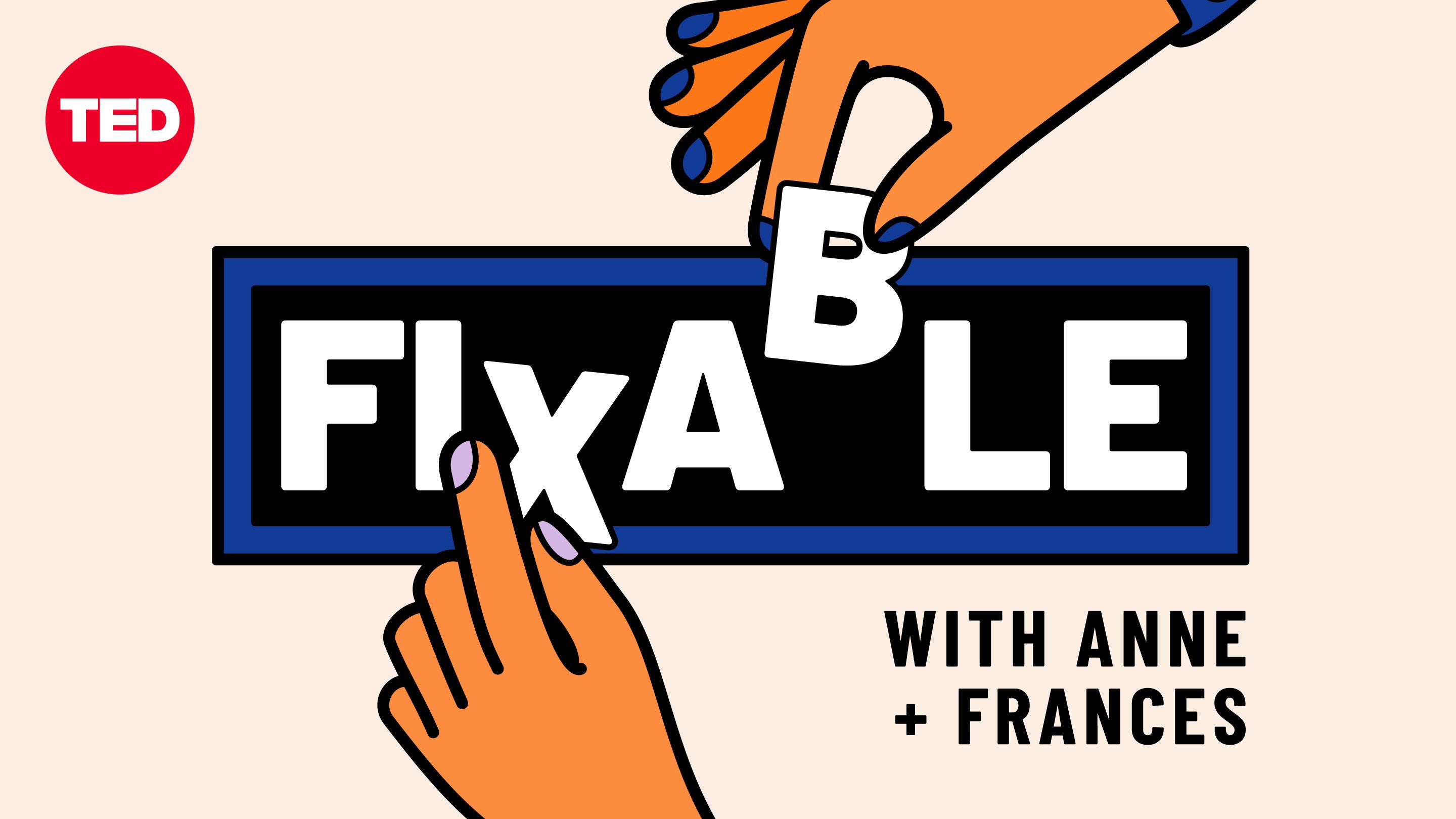
Sunday Pick: Unsolicited Advice: Can the Democratic Party move fast and fix things?

TED Talks Daily
Key Insights
Why did the Democratic Party lose big in the 2024 election cycle?
The party failed to understand what voters needed most, leading to a disconnect between their messaging and voter concerns. Trust issues and inauthenticity also played a significant role.
What should the Democratic Party focus on to rebuild trust with voters?
The party needs to diagnose and address the broken trust by being authentic, discussing real issues, and showing a clear plan for the future. They should avoid party lines and focus on what they truly believe.
How can the Democratic Party improve its storytelling to be more compelling?
The party should craft a story that conveys energy, ambition, and strength, showing a clear plan for a better future. They need to demonstrate resilience and capability to meet the challenges of the moment.
Who should the Democratic Party engage with to better understand voter needs?
The party should reach out to groups that felt underseen and undervalued, such as young men, Latino men, and white women who voted Republican. They need to understand and address the needs of these groups to broaden their support base.
Why is it important for the Democratic Party to slow down before taking action?
Slowing down allows the party to identify the real problem, build trust, and involve all relevant voices. This ensures that any actions taken are in the right direction and are based on a thorough understanding of the issues.
What is the key to the Democratic Party's potential success in the future?
The key lies in the party's ability to change itself by being authentic, building trust, and presenting a rigorous and optimistic way forward. They need to focus on their core ideals and execute them effectively.
Chapters
- Democrats lost big in the 2024 election cycle.
- The party needs to identify the true source of its problems.
- Blaming external factors won't solve internal issues.
Shownotes Transcript
Each Sunday, TED shares an episode of another podcast we think you'll love, handpicked for you… by us. The Democratic Party lost big in the 2024 election cycle. What are the lessons party leaders should take from what happened? In this special episode of Fixable, another podcast in the TED Audio Collective, Anne and Frances share their thoughts on how the Democratic Party failed to understand what voters needed most. They explore how the party can identify its underlying problems, rebuild trust, and craft a rigorous and optimistic way forward – skills all leaders need in a complex, fast-moving world.
